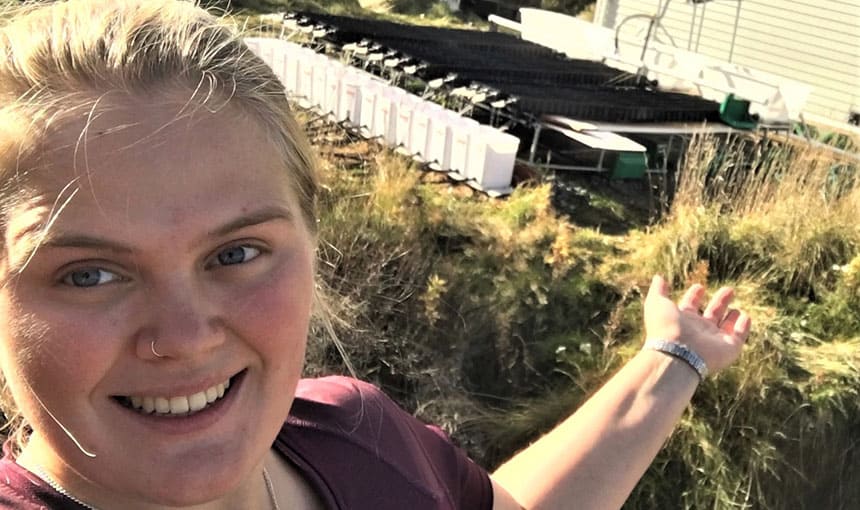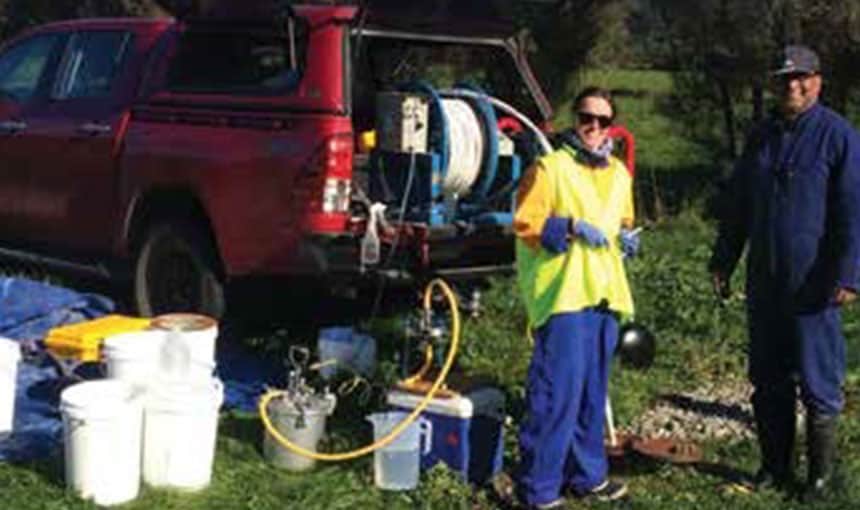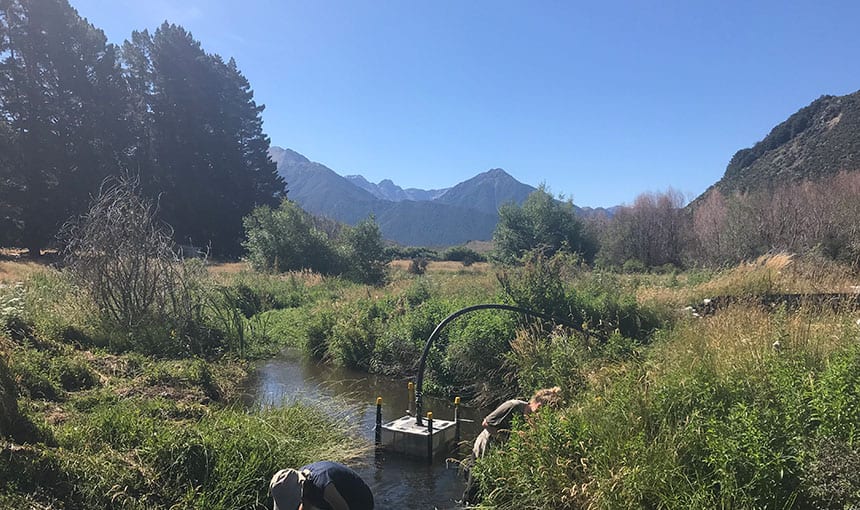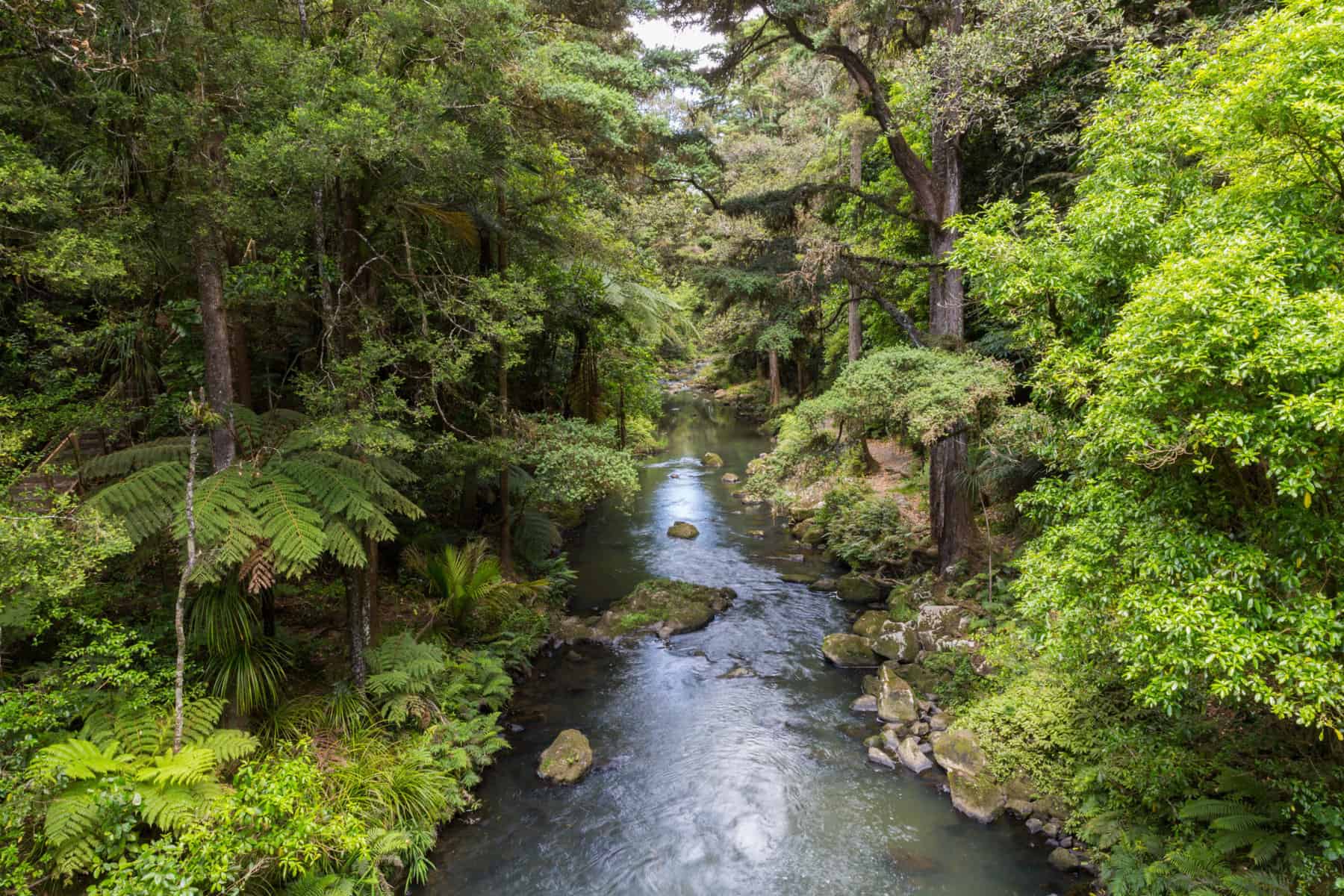Rebuilding Healthy Rivers
Researchers are using freshwater systems as a model to test how degraded ecosystems can be resistant to disruptions – including those that aim to restore them.
Overview Te Tirohanga Whānui
Many Aotearoa New Zealand freshwater ecosystems are degraded to the point that restoration is very difficult, or in other words they are resilient in an unhealthy way.
This BioHeritage Challenge project, led by doctors Helen Warburton and Catherine Febria of the University of Canterbury (UC) focuses on developing and testing a restoration framework for overcoming negative resistance and resilience in degraded freshwater communities.
Two elements they are focusing on are:
- identifying key characteristics that need to be present in freshwater communities to move waterways to a healthy state
- investigating what community of species work best together to overcome unhealthy resilience in waterways.
By investigating and understanding what attributes make freshwater ecosystems “unhealthy”, place-based trials can be designed to target undesired species. They can also be tailored to restore processes and support attributes that would nurture desired species, for example taonga (treasured) and mahinga kai (food-gathering source) species. In this way, the project is informing a more holistic approach to freshwater restoration.
A critical focus is gathering freshwater knowledge from those with wide-ranging expertise across Aotearoa. Another key aspect is building meaningful relationships with local iwi and rūnanga who have mana whenua (territorial rights) over waterways that may serve as ideal experimental sites.
Mātauranga Māori (Māori knowledge) is essential to the team’s research, given that healthy, resilient freshwater ecosystems are traditional mahinga kai for local iwi, and that holistically restoring healthy functioning ecosystems is the ultimate goal. This ties in with the Challenge’s commitment to Vision Mātauranga.
This project contributes to the BioHeritage Challenge’s goal of creating resilient and thriving ecosystems that New Zealanders are proud of.



